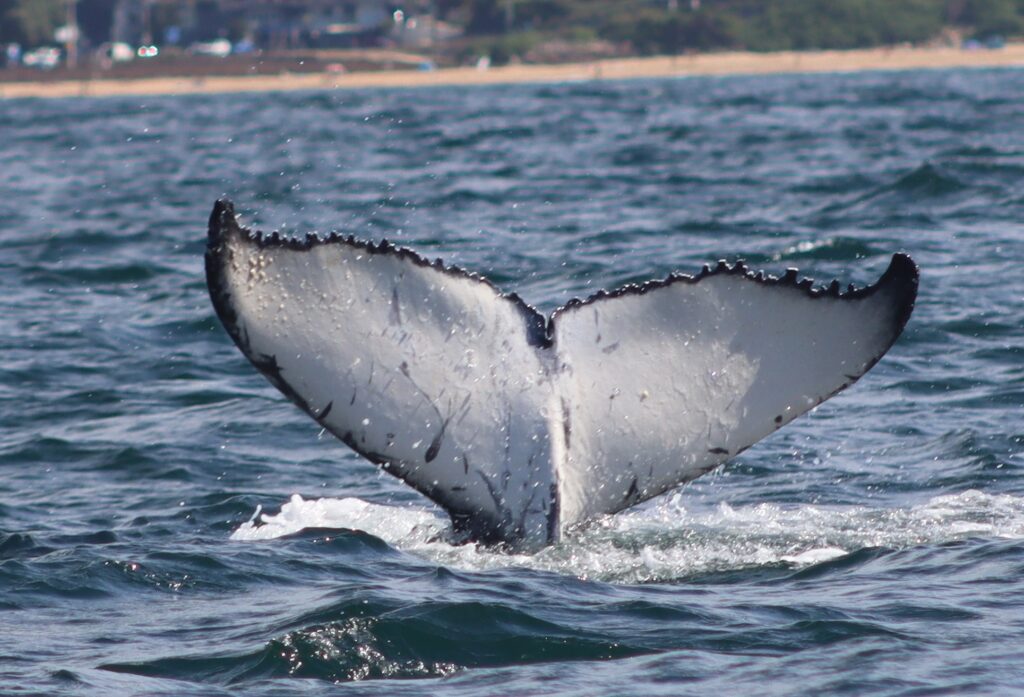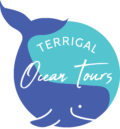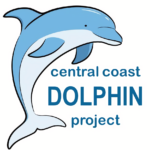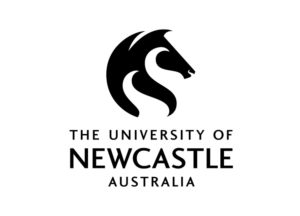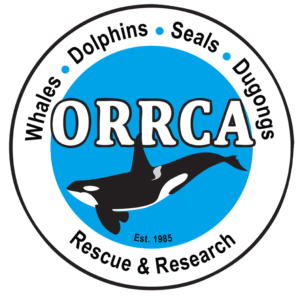Marine Studies and Research
Whale Research Central Coast
Marine studies and research on the Central Coast. One of our aims is to make a positive contribution to the ocean that we love through research, education, networking and conservation programs. To date we have worked with the NSW Office of Environment & Heritage in conducting water quality sampling at Terrigal. We have also helped track currents using data logging bouys. With the University of Newcastle Marine Science Section we have used Remotely Operated Underwater Vehicles to search for rare species of soft coral Dendronephthya australis, on the Ex HMAS Adelaide Wreck.
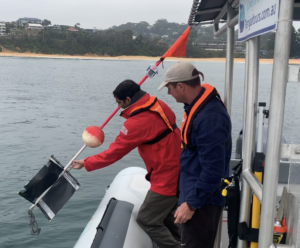
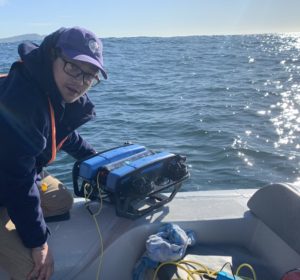
Marine Studies
We are now offering School experiences specifically aimed at the High School Marine Studies syllabus. The Central Coast has some fantastic waterways that we can get out and explore. Our coast is a great location for observing a variety of marine life such as seals, dolphins, seabirds and whales. The area has a dynamic coastline and opportunities to observe coastal geomorphology with examples of beach erosion and the effect of ocean currents.
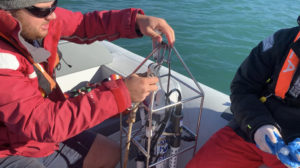
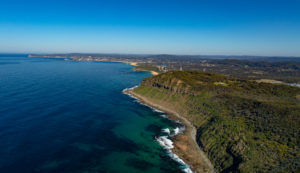
Marine Research
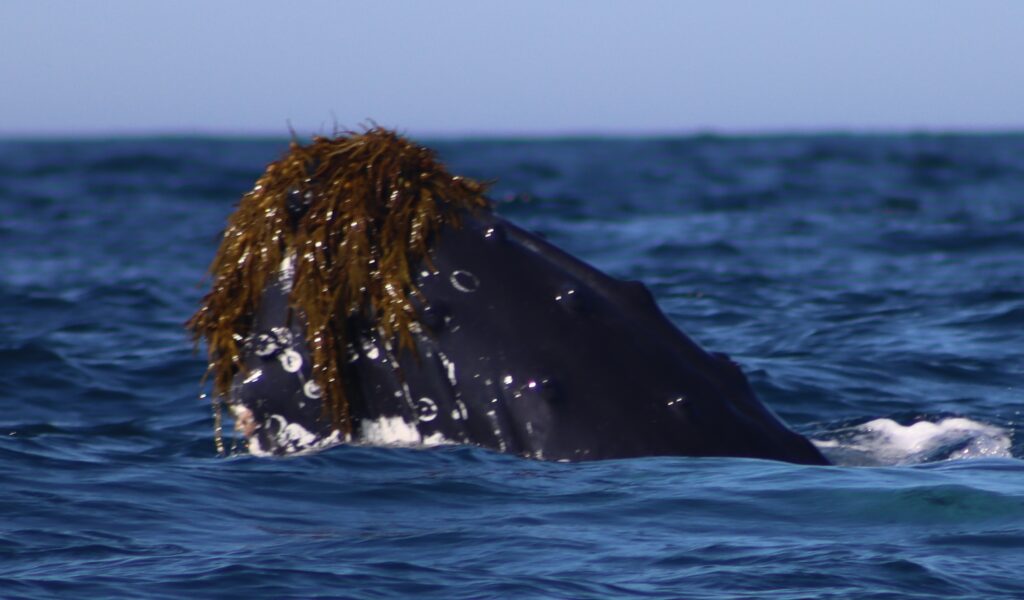
We make our whale sighting data, imagery and drone footage available to several research institutions.
Footage from local drone photographer Ahmet Saner was recently referenced in a publication by Griffith University.
What’s at Play: Humpback Whale Interaction with Seaweed Is a Global Phenomenon. J. Meynecke, 2023
Humpback Whale Hydrophone Research
Our ongoing collaboration with Griffith University involves cutting-edge technology, including Google-powered underwater hydrophones to monitor humpback whales at Terrigal.
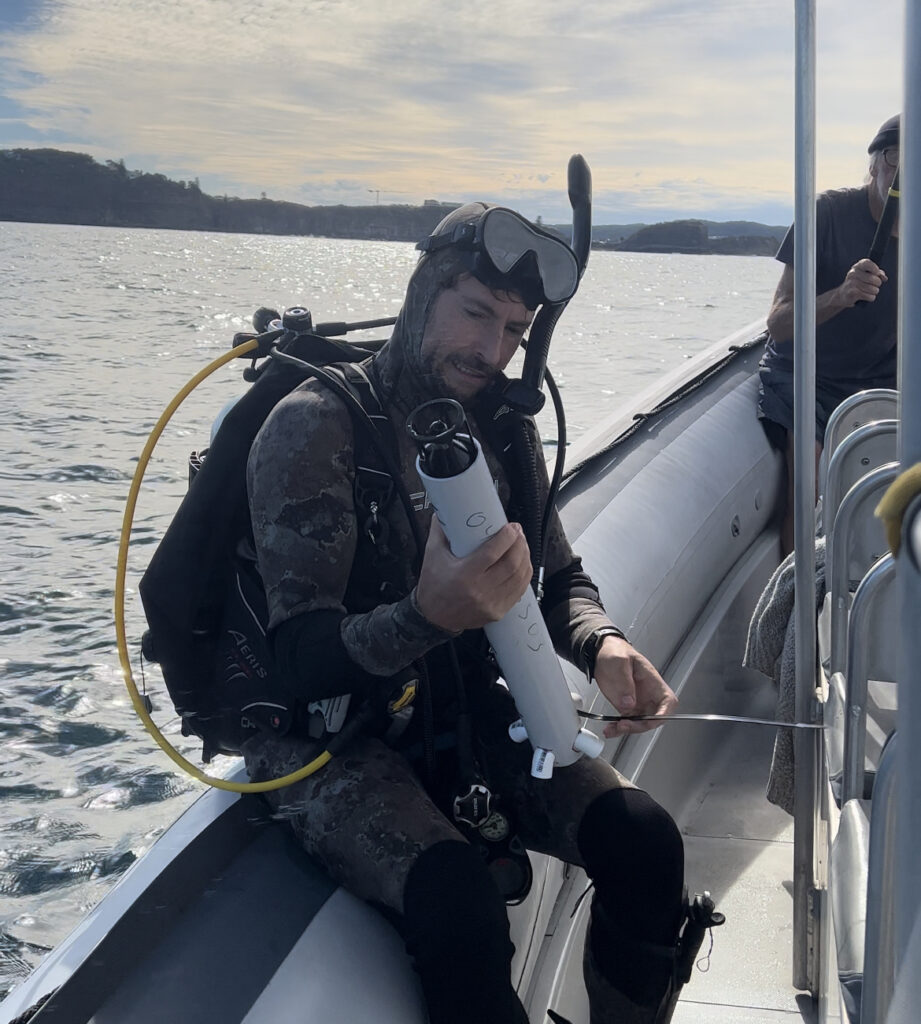
Pygmy Blue Whale
In a special moment in May 2023 one of our local drone photographers Chris Dick alerted us to a very rare Pygmy Blue Whale passing Terrigal. Read the ABC article below.
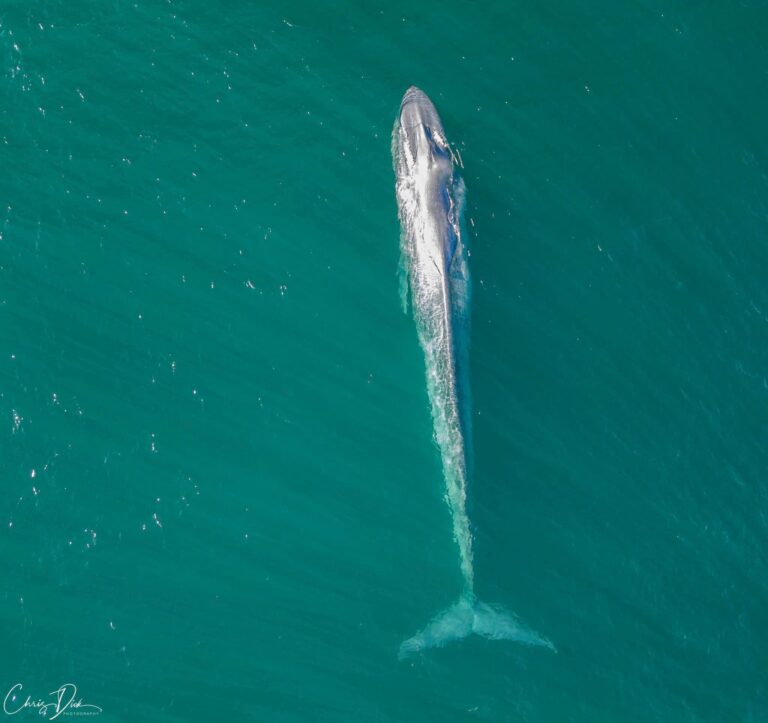
We work closely with Marine Mammal Research Central Coast / Central Coast Dolphin Project. They are a very active local conservation group that collects data on whales, dolphins and seals in our area.
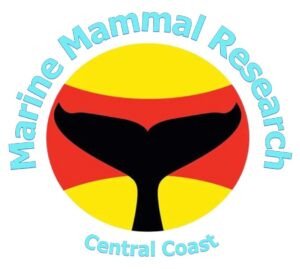
Marine Conservation
We are very lucky to work with several local marine conservation groups including the Central Coast Dolphin Project and the Marine Wildlife Rescue Central Coast. We have been involved with dolphin research projects, donation of equipment and release of rehabilitated wildlife.
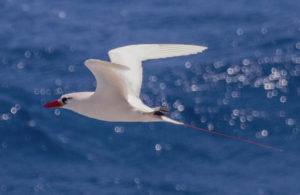
A beauiful Red Tailed Tropic Bird rehabilitated and then released from our Eco Tour Boat.
Click on the links below to contact these groups.
The Happy Whale Project
Most large whale species were heavily exploited during the whaling era. We live in a very exciting time as whale numbers rebound along our coastline and return to their traditional migration paths in a spectacular fashion. Rarer species such as Southern Right Whales, Bryde’s Whales and even Blue Whales are starting to make an appearance on the NSW Central Coast.
The primary method scientists use to measure population recovery is whale photo identification. With sighting histories of individually recognizable whales, scientists can estimate population trends in order to better understand whale migration and conservation needs. The Happy Whale Project allows us to record sightings of individual whales and determine if they have been previously recorded on scientific data bases. The system uses complex computer algorithms to identify whales by the markings on the underside of their tail flukes as well as the overall fluke shape. As a citizen scientist you can add to the database with your tail fluke photos and be notified if you receive a matched sighting. Get in touch if you would like to be involved.
